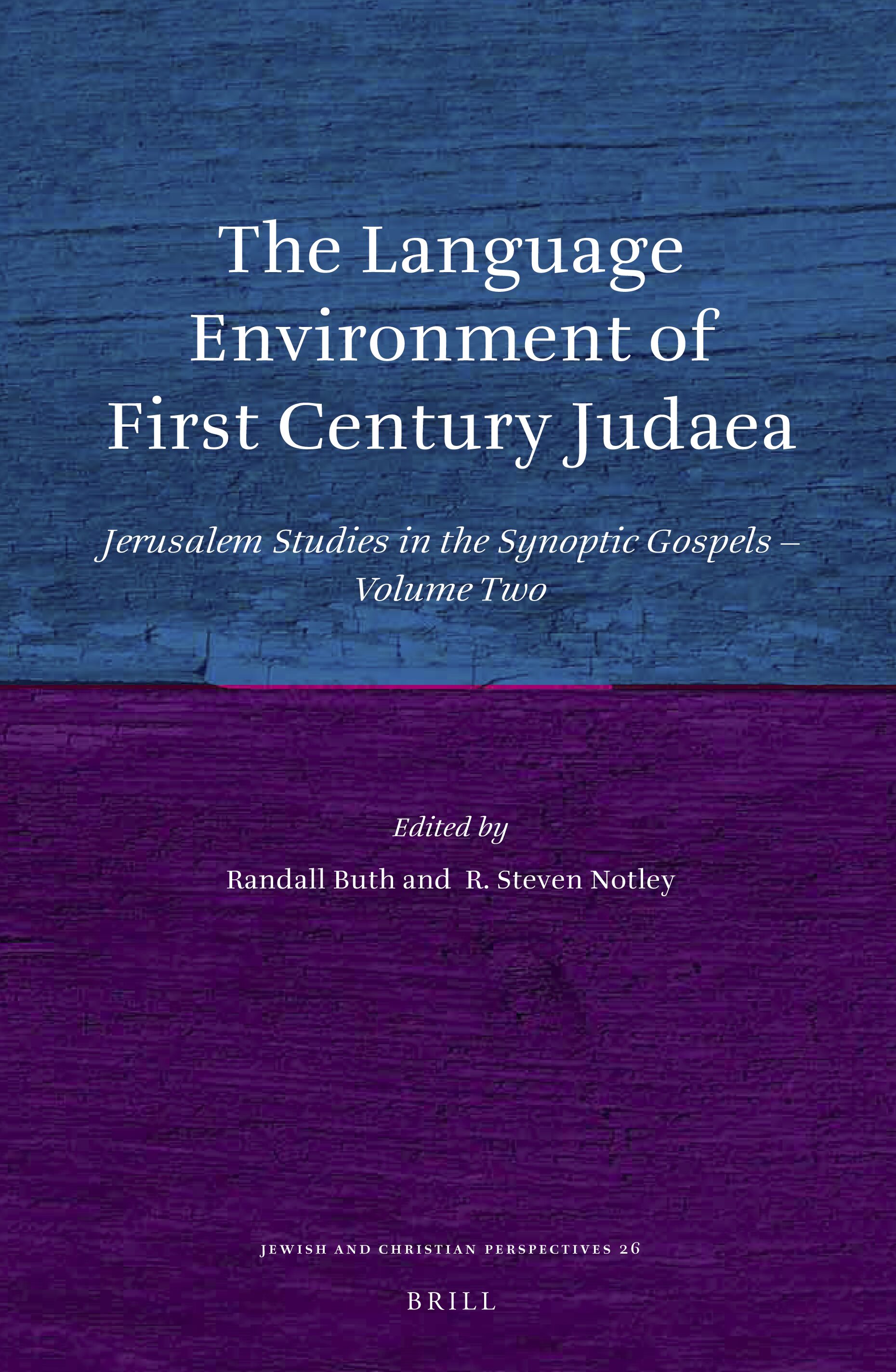Luke 4:17
And there was delivered unto him the book of the prophet Esaias. And when he had opened the book, he
found the place where it was written.
Thayer's Greek Lexicon: STRONGS NT 2147: εὑρίσκω - b. without previous search, to find (by chance), to fall in with: τινα,
Matthew 18:28;
Matthew 27:32;
John 1:41 (), (); ;
Acts 13:6;
Acts 18:2;
Acts 19:1;
Acts 28:14; followed by ἐν with the dative of place,
John 2:14. τί,
Matthew 13:44;
Matthew 17:27;
Luke 4:17;
John 12:14;
Acts 17:23; followed by ἐν, with the dative of place,
Matthew 8:10;
Luke 7:9
The meaning of εὑρίσκω also encompasses "finding without seeking, that is, by chance." This definition is further emphasized by the fact that the Scroll of the Prophet Isaiah was delivered to Jesus.
Regardless of the language, whether it be Greek, Aramaic, or Hebrew, the text in Luke 4:17 portrays Jesus as remarkably proficient in that scripture.
Luke 24:27
And beginning at Moses and all the prophets, he
expounded unto them in all the scriptures the things concerning himself.
Thayer's Greek Lexicon: STRONGS NT 1329: διερμηνεύω: 2. to translate into one's native language:
Acts 9:36 (2 Macc. 1:36; Polybius 3, 22, 3, and several times in Philo (cf. Siegfried, Glossar. Phil. under the word)).
In ancient literature, there are accounts of linguistic competitions among different peoples, highlighting the skill of translating words. This verse suggests that Jesus possessed a remarkable multilingual ability, transcending translation between Hebrew, Greek, and Aramaic, demonstrating exceptional linguistic prowess.
Acts 26:14
And when we were all fallen to the earth, I heard a voice speaking unto me, and saying in the
Hebrew tongue, Saul, Saul, why persecutest thou me? it is hard for thee to kick against the pricks.
Both the books of Luke and Acts of the Apostles also share common themes and cross-references, indicating that they are from the same author. Bible scholars who view these two books as a single work in two volumes refer to the combination as Luke-Acts.
What actually supports this argument is that Jesus was multilingual, speaking Hebrew, Greek, and Aramaic.

